On October 7-8, the NASA Space Apps Challenge 2023 took place around the world. In Ukraine, it was held in an online format in Kyiv and Dnipro. In the second case, it happened with the support of the public organization “Association Noosphere”. In total, more than 350 people took part in it.
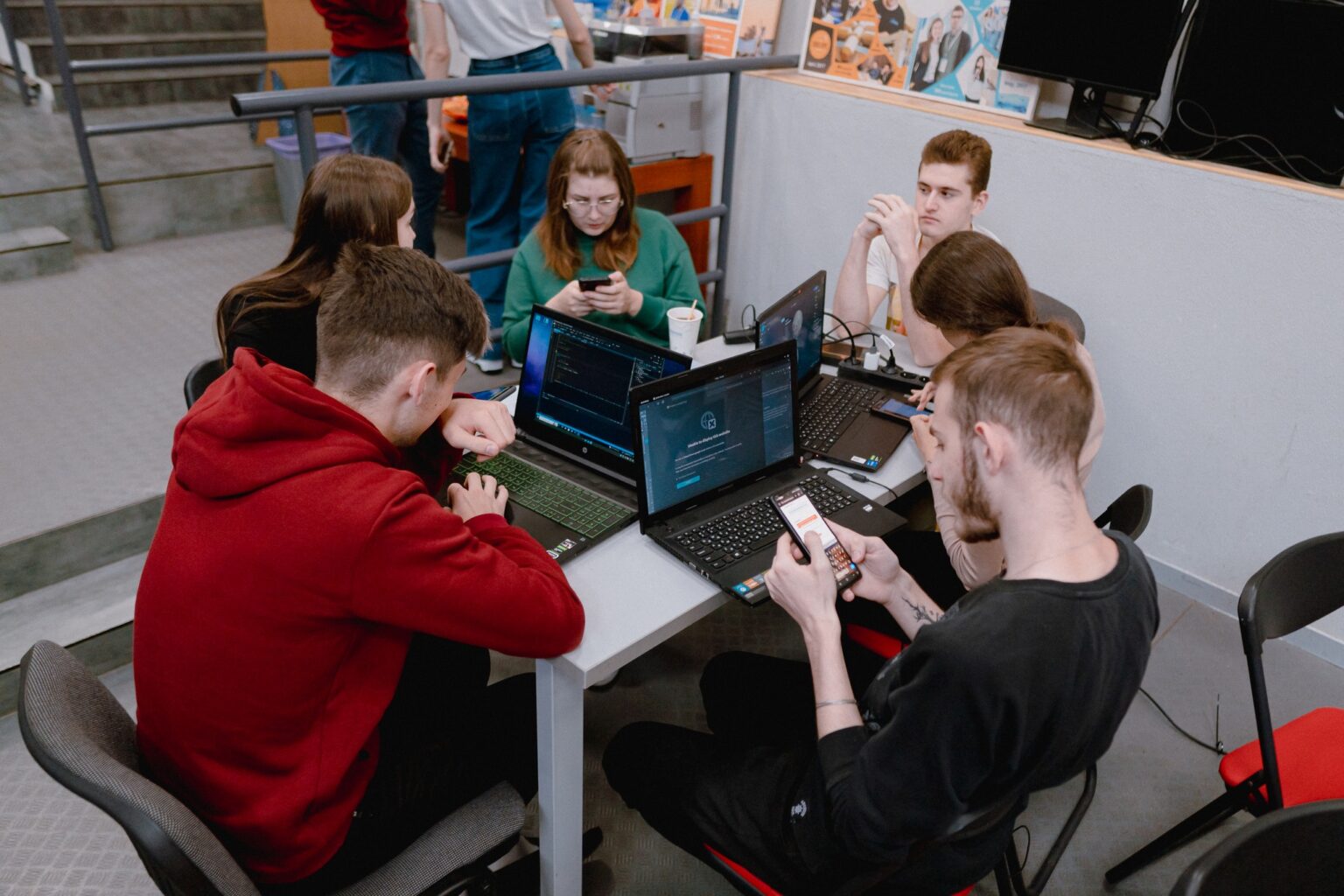
NASA Hackathon in Ukraine
The local stages of the NASA Space Apps Challenge 2023 world hackathon took place in Ukraine. On October 7-8, the American Aerospace Administration invited everyone in different countries to test themselves in solving a wide variety of engineering tasks, from creating a platform to facilitate access to scientific research to growing plants in space.
The NASA Space Apps Challenge is an event in which teams consisting of programmers, roboticists, inventors, and designers are given 48 hours to develop a solution to some pressing engineering problem. Therefore, we are not talking about the immediate practical application of the developments. The main goal is to show the potential of certain solutions and the professionalism of specialists.
NASA has been holding its Hackathon since 2012, and Ukraine is taking part in it for the seventh time. The space agency gives the winners in different categories the opportunity to visit their headquarters and watch the launch of the launch vehicle. Teams from our country have already won the world stage several times.
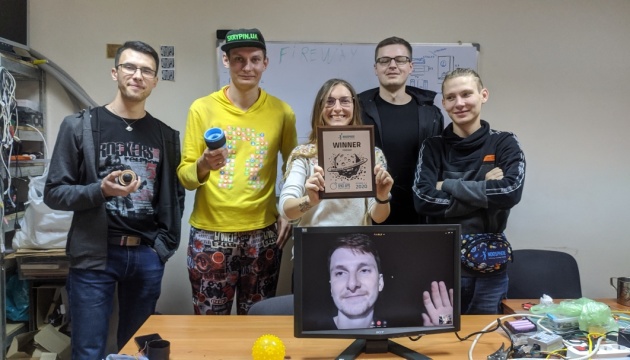
In 2016, the winner was the project of the “jumping” Mars Hopper rover. Then the Ukrainians managed to attend the launch of the OSIRIS-REx mission. The one that recently brought samples from the asteroid to Earth.
In 2017, the Spacer team entered the top 10 in the People’s Choice nomination, and in 2021, the FireWay team won in the Best Use of Technology nomination. This year the hackathon was held in two locations: in Kyiv and Dnipro.
Record event from the “Association Noosphere”
In Dnipro, the hackathon was traditionally organized by the “Association Noosphere”. Although the hackathon takes place online, but students and mentors of the Noosphere Engineering School in different cities gathered together to work on projects side by side.
This event had a record number of participants. There were 246 of them in total. At the same time, some of them joined from abroad. The hackathon was joined by an international team, which consists of half Ukrainians. The other part was made up of specialists from Greece and Estonia, namely representatives of the National Observatory of Athens, the University of Tartu and the Aristotle University in Thessaloniki.
They came not to win, but to present their own project and get feedback and expertise from the jury. Interestingly, their project was dedicated to the protection of Ukrainian cultural heritage with the help of space data and satellite observations.

Among the other participants, there were also a lot of people for whom it was not their first time solving tasks from NASA. So, Einstein’s sect team has been taking part in it since 2021, and Next Space Labs were even among the winners last year.
Results of the hackathon in Dnipro
A total of 37 projects were presented. Their defense lasted for 6 hours, from which the jury selected three winning teams:
- Einstein’s sect created a neural network. It can predict the planetary index (PI) based on new solar wind data in real time.
- Titans2.0 created a board game about survival on Titan, one of Saturn’s moons. The main goal is to survive in conditions of limited resources and achieve successful colonization of the planet.
- ISCIPKPI came up with a digital 3D moon globe. It displays seismic data.
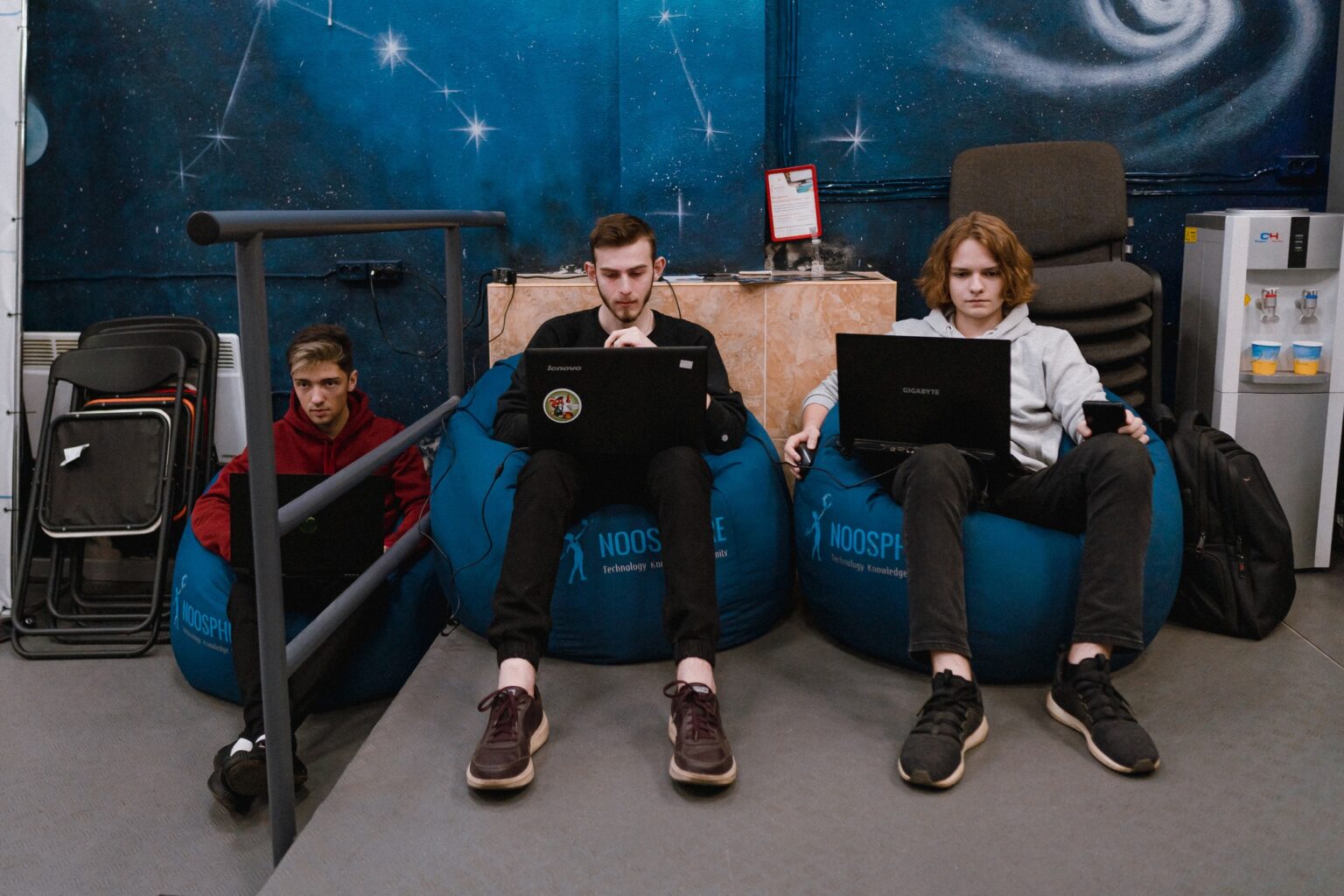
Online stage in Kyiv
Due to the danger of missile strikes, the hackathon stage in Kyiv was completely held in an online format, as it was two years before. Roman Malkevich, one of the organizers, told about how it happened. Interestingly, his own path to the hackathon demonstrates that he can really help people change their destiny.
Roman is a lawyer. However, even while studying, he realized that he was more interested in programming. In 2016, he accidentally got to an event with the participation of the Ukrainian winners of the first hackathon — the very developers of Mars Hopper, and had a desire to do something similar.
The following year, Malkevich took part in a hackathon from NASA. In 2020, as part of the FireWay team, he became the winner in the Best Use of Technolog category. Since then, he decided to leave the participation and become the organizer of the Ukrainian stage.
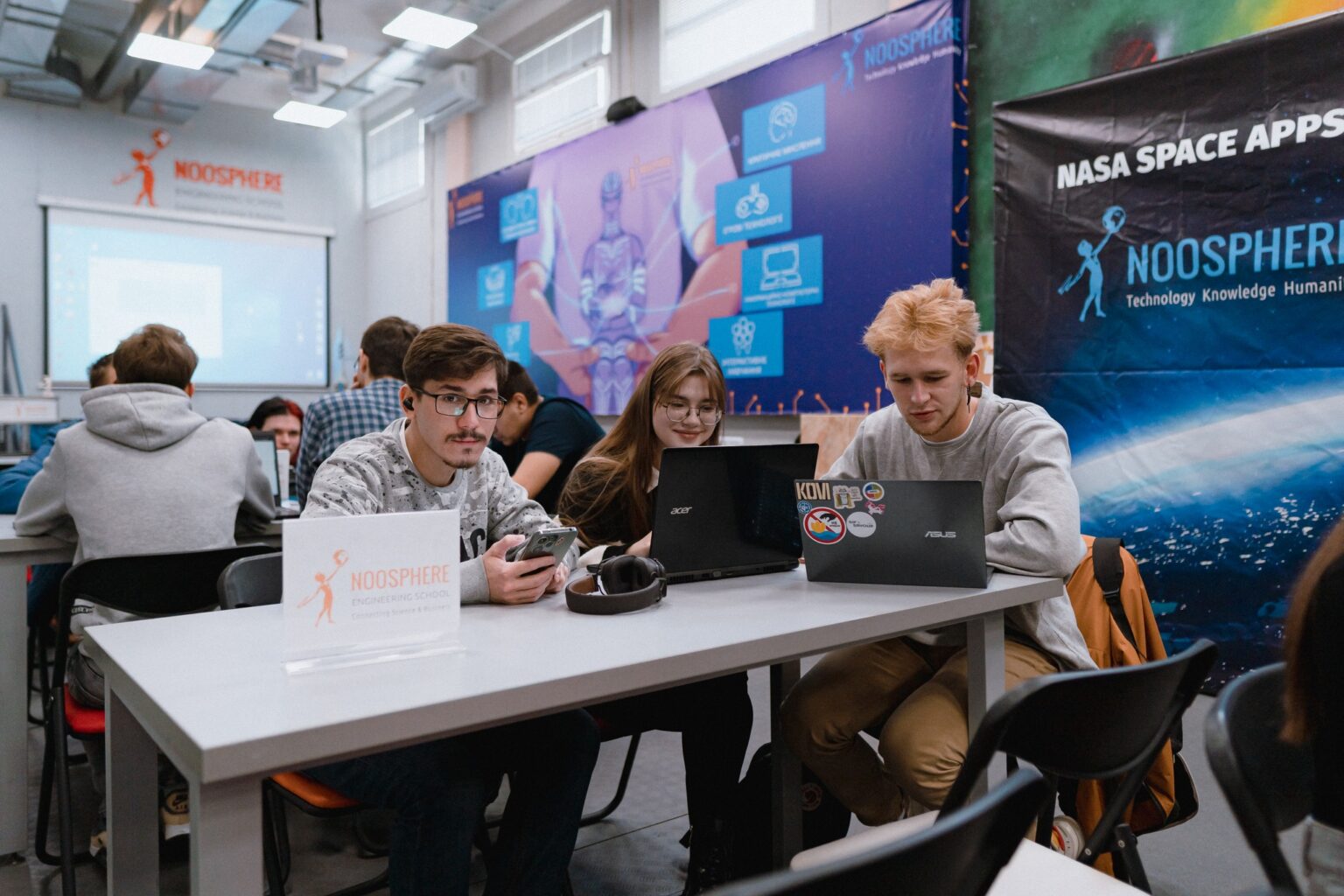
“There is no specific topic for the hackathon,” says Roman. — There were 31 tasks. And they were very different. These tasks cover a wide variety of problems. But I think the main idea of the hackathon is to encourage young people to be interested in space and technology.
And this is done through the creation of applications, websites, videos, presentations, storytelling, art, visualizations, 3D printing, prototypes, structuring and data analysis, and creating games.
The only thing that upset many participants was the absence of any hardware tasks this year. For example, there used to be tasks about how to remove debris from orbit, clean a spacesuit from lunar dust, or figure out how to feed people in space by growing food in zero gravity.”
Participants and projects
117 people were registered in Kyiv. Of these, 85 people took direct part in the NASA Space Apps Challenge 2023 and formed 24 teams. First of all, schoolchildren together with teachers and students of mainly technical universities took part.
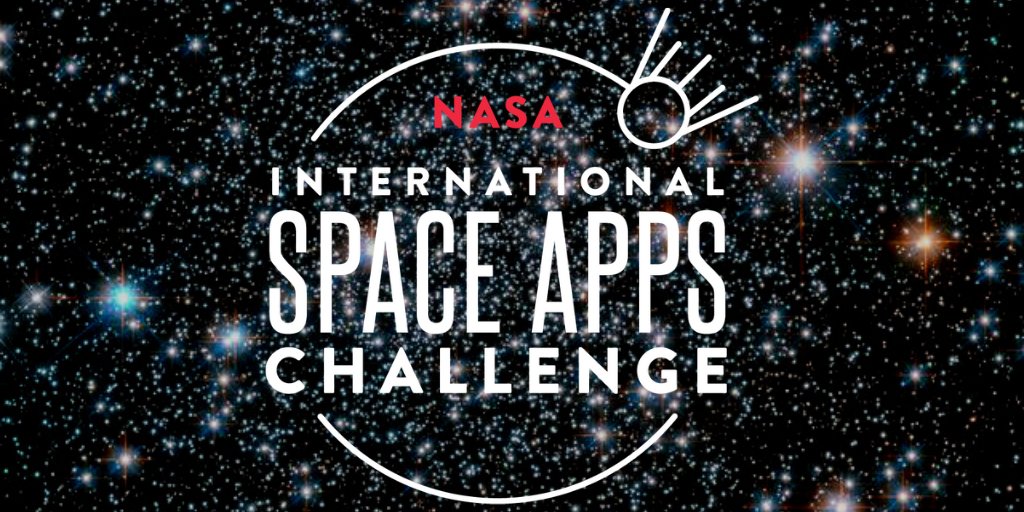
But there are also a lot of space enthusiasts who are constantly involved. There were people with five hackathons already; they are constantly improving their results. There were also a certain number of scientists and makers.
In Kyiv, the pitching of projects will be held only on October 14. Therefore, the organizers are quite restrained in commenting on the achievements of the participants.
“As for me, the most memorable is the team that has taken the topic of space tourism and turned various space places into a card game.” — hackathon mentor Ivan Grishko, who was previously a member of the FireWay team, shares his impressions, — “There was also a team almost entirely of schoolgirls: 5 girls and a teacher. I am glad to see such young talents at the hackathon, so there is still hope in our country. Several teams performed tasks to convert images and videos into sound. It’s interesting to see and listen to what they got. There were also several projects on cartography, fire monitoring, and analytical data in general, but there were projects in the early stages, so I really want to look at their pitches during the judicial process. Then there will be more to say.”
Follow us on Twitter to get the most interesting space news in time
https://twitter.com/ust_magazine
